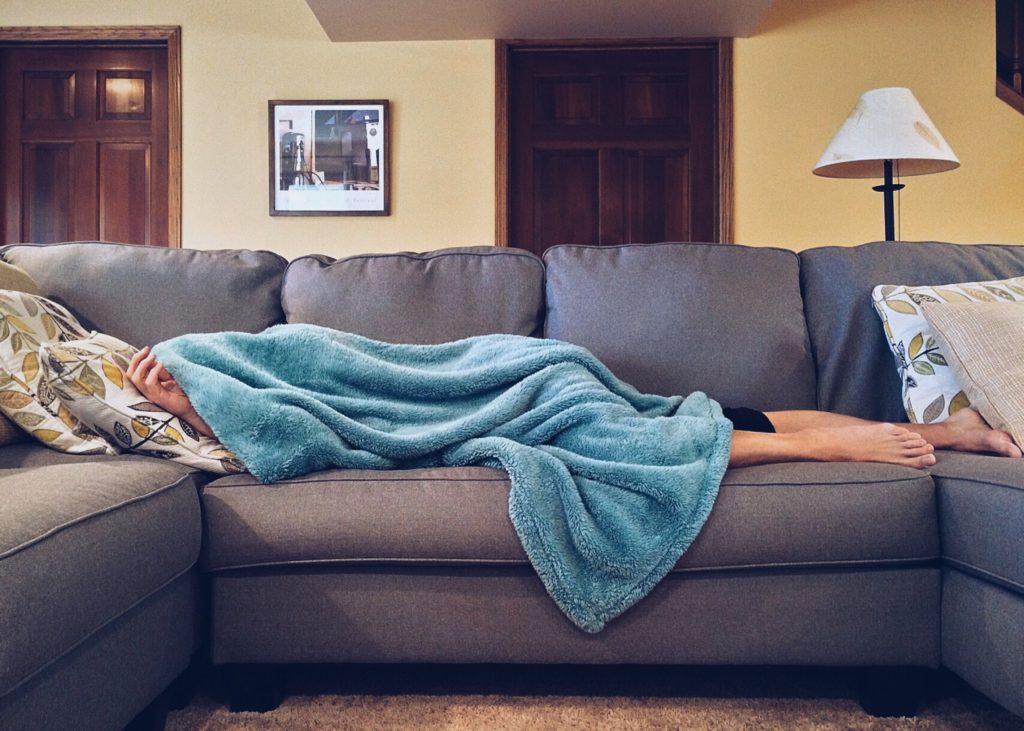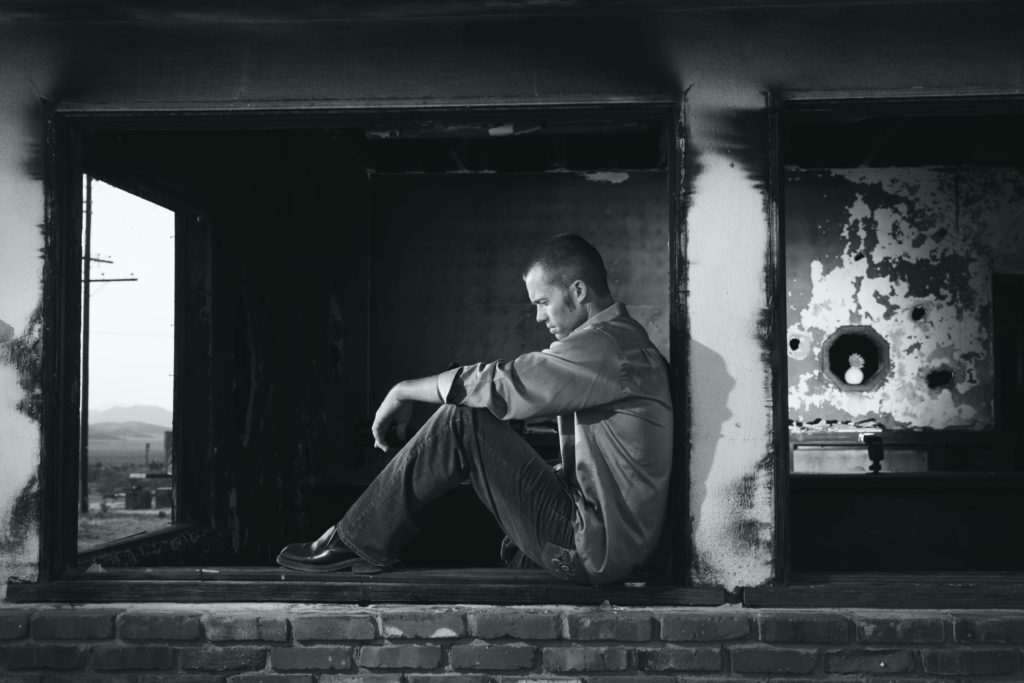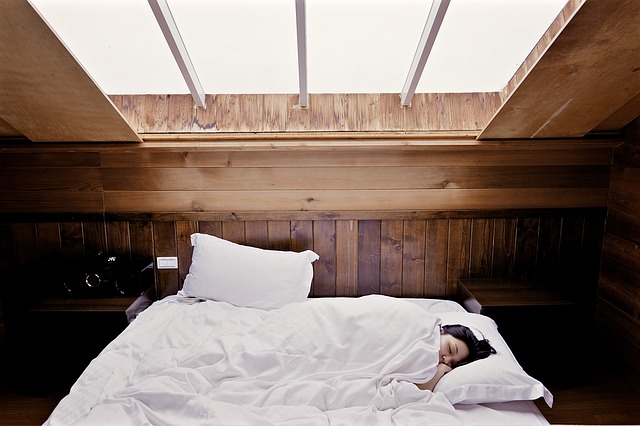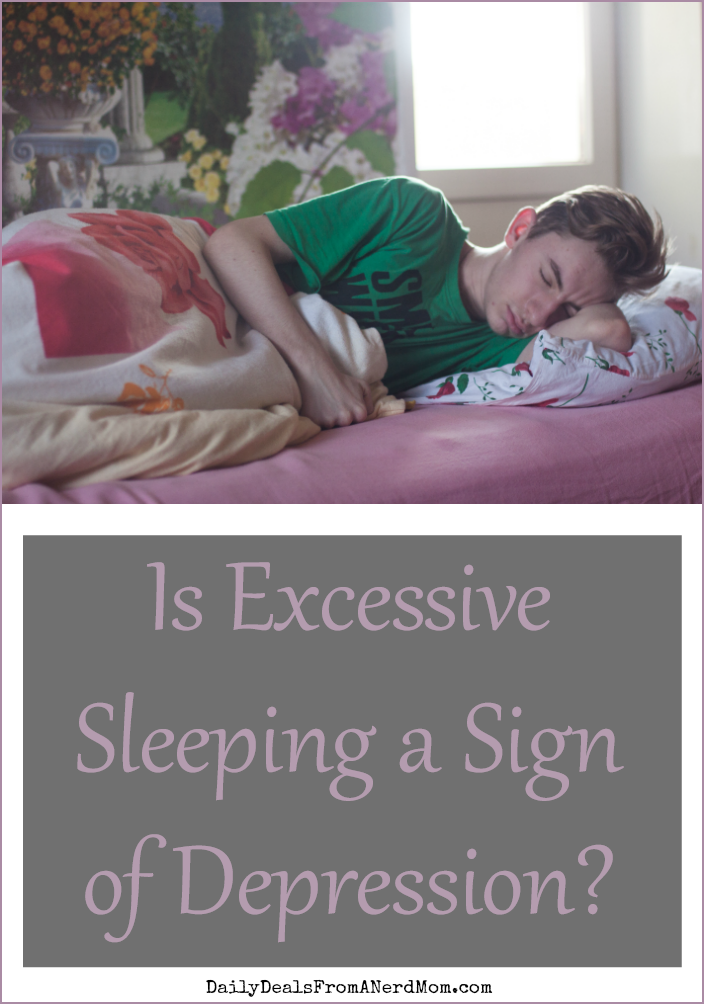Is Excessive Sleeping a Sign of Depression
Depression is a tricky condition for most people to detect and one that should not be taken lightly. Sleeping and taking of regular naps are common with those suffering from depression, but this does not help in managing the symptoms of this condition. This means that you will not wake refreshed and energized enough to take up on your tasks as it only serves as an escape route from being conscious. Taking a nap while depressed causes you to wake up with that post-depression feeling more disoriented than before.

According to a study by Dr. Deborah Serani, a psychologist and author of Living With Depression, being depressed makes you too tired as it takes much energy from you. However, taking many naps does not always mean that you are depressed as it is only a sign that is prevalent with those who are depressed.
Depression may cause sleep problems and sleep problems may lead or contribute to depressive disorders, which explains the complexity of the relationship of the condition with sleep. Besides, illness is one of the major signs of menopause as this is the period when the hormones level fluctuate causing sleep problems and other depressive disorders. In some cases, the symptoms of the disease occur before the onset of sleep problems, while in some other cases sleep problems come first. Depression and sleep may respond to same treatment strategies as they may also share biological features and risk factors. Moreover, it is essential to know that sleep problems are mostly linked to severe depressive illness.
Studies have shown that insomnia is prevalent to those suffering from depression as compared to those who get a healthy sleep. Some of the insomnia symptoms that affect depressed symptoms include finding it hard to fall asleep, stay asleep, getting a refreshing sleep and sleepiness in the daytime. However, the evidence reveals that individuals with difficulty in falling asleep and staying asleep are more prone developing depression.
Apart from preventing depression, getting a better sleep helps in improving memory as it ensures that your brain’s cognitive ability remains unaffected. Besides, managing the symptoms of depression through medication and therapy as prescribed by the doctor is important. This is because it helps in preventing them from progressing to depressive order in the future.

What are the common symptoms of depression?
There are common signs and symptoms of depression although the illness varies from person to person. However, it is essential to understand that most of the symptoms could be part of the normal lows of life. This means that determining whether you are dealing with depression becomes easier if you have more symptoms that are stronger and have lasted longer.
Here are the common symptoms:
• Loss of interest in activities
Depression affects your ability to feel joy and pleasure, and therefore you lose interest in daily activities like the former hobbies, social activities, pastimes or sex.
• Despair
The other common symptom with individuals that are depressed is a feeling of hopelessness and helplessness. This is a feeling that nothing can be done to improve the situation and nothing will get better.
• Changes in appetite and weight
Depression may lead to a significant weight loss or gain as well as lack or increase of appetite.
• Irritability or Anger
In most cases, depressed individuals feel restless, violent and agitated. This is characterized by having low tolerance levels, short tempers, and feeling offended by everything or anything.
• Sleep Changes
The other common sign that is linked to those suffering from depression is the change in sleeping patterns. This could be oversleeping or insomnia, especially losing your sleep in the morning hours.
• Loss of energy
Most depression patients tend to feel sluggish, fatigued and physically drained. This may also cause your body to feel heavy, which might make even small tasks exhausting or take longer to complete.
• Lack of concentration
If you are finding it hard to make decisions, focus or remember things, then this could be a clear sign that you are suffering from depression.
• Careless behavior
The other common sign and symptom of depression are engaging in reckless behavior like compulsive gambling, dangerous sports, driving or substance abuse.
• Self-loathing
Most depression patients suffer from the feeling of guilt or worthlessness. Therefore, if you note that you are rebuking yourself for perceived mistakes and faults, this could be another clear sign that you are suffering from depression.
• Frequent aches and pains
Experiencing frequent and unexplained pains and aches such as back pain, stomach pain, aching muscles, and headaches could be another sure sign that you are depressed.

When do I seek professional help?
It is advisable to seek professional help once you find that the change of lifestyle and support of your friends and family are not enough. Here are some of the effective treatments for depression:
• Therapy
This effective depression treatment mainly involves seeking help from a therapist who offers ways and strategies to overcome the mental illness. Besides, this provides you with tools to fight depression from different angles as well as motivating you to take necessary actions to prevent the disease from coming back.
• Medication
If depression progresses to a level where you feel violent or suicidal, then it might require a prescription for medication. However, it is essential to know that drugs might help in managing depression symptoms in some people but fail to work for others. Anti-depressants are also linked with side effects and other drawbacks, and therefore it is essential to learn about them first before making a decision.
Small amounts of Ambien get into breast milk; therefore, it is not recommended for use during breastfeeding. In all cases, before starting to use a sleeping pill, you should determine the underlying causes of sleep disturbances and treat them (including with medications). Persistence of insomnia for 7-14 days of treatment indicates the presence of primary mental and/or nervous system disorders. Therefore, to identify these disorders, it is necessary to assess the patient’s condition regularly. Read more about Ambien (Zolpidem) on https://holisticdental.org/ambien-treat-insomnia/.
Conclusion
In conclusion, excessive sleeping or napping is a sign of depression that can help you in detecting the illness in its early stages. It is essential to seek medical help from a professional once you find that normal ways of overcoming the disease are not enough. Besides, you can also use brain supplements like NeuroGum, which are increasingly becoming popular among many people. Brain supplements help in improving your mental energy, increasing concentration, cognitive abilities and enhancing your memory.
Pin For Later



